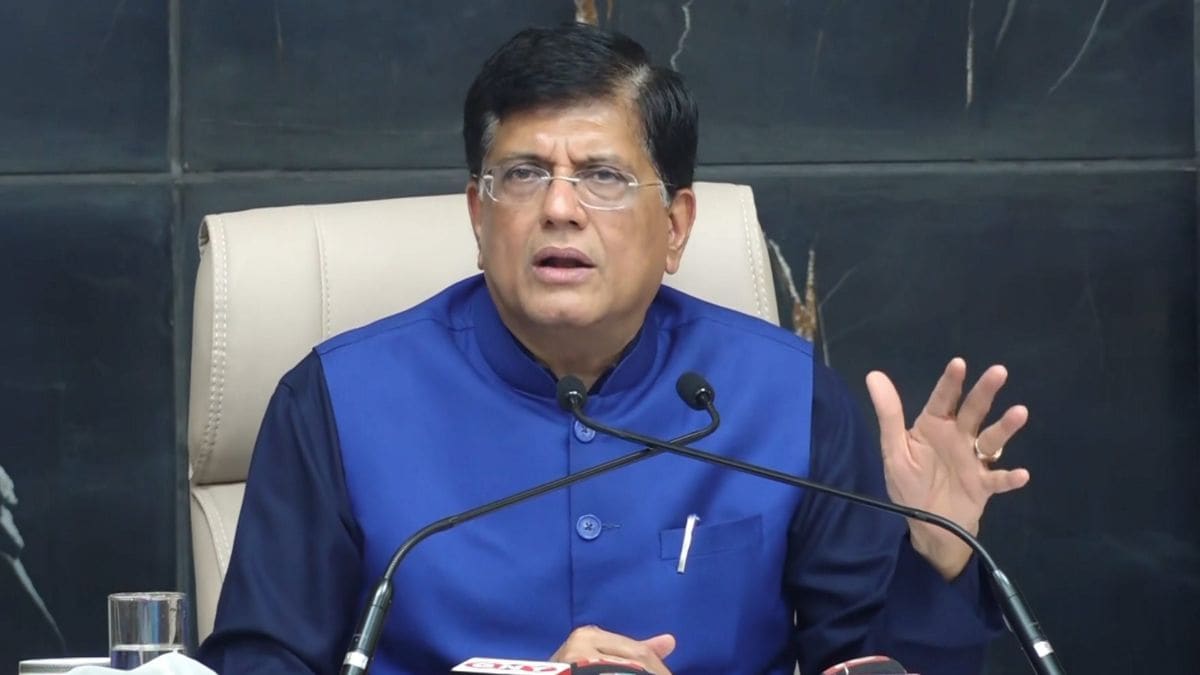

India is firm on its stance that trade agreements will be finalized only when they are mutually beneficial and align with its national interests, irrespective of deadlines. Commerce Minister Piyush Goyal has reiterated this position amid ongoing negotiations for an interim trade deal with the United States, emphasizing that India does not negotiate trade deals based on timelines.
Goyal's comments come in the context of a July 9 deadline, which marks the end of the 90-day suspension period for tariffs imposed by the U.S. under President Trump. These tariffs, including a 26% levy on Indian goods, were temporarily reduced to a flat 10% for most impacted nations following an initial announcement on April 2. India is seeking a full exemption from these additional duties.
Negotiations between India and the U.S. are reportedly in their final stages, with discussions held in Washington from June 26 to July 2. The Indian delegation, led by chief negotiator Rajesh Agrawal, has returned from Washington. While an announcement was anticipated before July 9, certain issues in the agriculture and automotive sectors remain unresolved.
India is hesitant to fully open its agriculture sector, particularly concerning genetically modified (GM) crops and dairy products. The country is unwilling to allow imports of items like soybean and corn unless they are certified as non-GM, as GM crops are banned domestically. On dairy, India has cited concerns about the subsistence-level nature of its farming and religious sensitivities related to U.S. cattle feed. Despite these sticking points, India is reportedly willing to offer product-specific concessions where its farmers are protected.
The U.S., on the other hand, is seeking duty concessions for its agricultural products and greater market access for its goods.
Both countries aim to finalize discussions for the initial phase of a broader bilateral trade agreement (BTA) by the fall (September-October) of this year. The agreement targets increasing bilateral trade to $500 billion by 2030, a significant jump from the current $191 billion. In the interim, both countries are pursuing an initial trade agreement.
Despite the emphasis on national interest over deadlines, there is a sense of urgency to finalize an agreement, especially with the July 9 deadline looming. However, India is clear that it will not be rushed into a deal that does not adequately address its concerns and priorities.
Beyond the U.S., India is also engaged in trade negotiations with several other countries, including the European Union, New Zealand, Oman, Chile, and Peru. This reflects India's broader strategy of pursuing mutually beneficial trade agreements with various partners to boost its economic growth and global integration.
Piyush Goyal has stressed that the multiplicity of negotiations does not imply that India is in a rush to conclude deals. He stated that a Free Trade Agreement is only possible when there is mutual benefit.